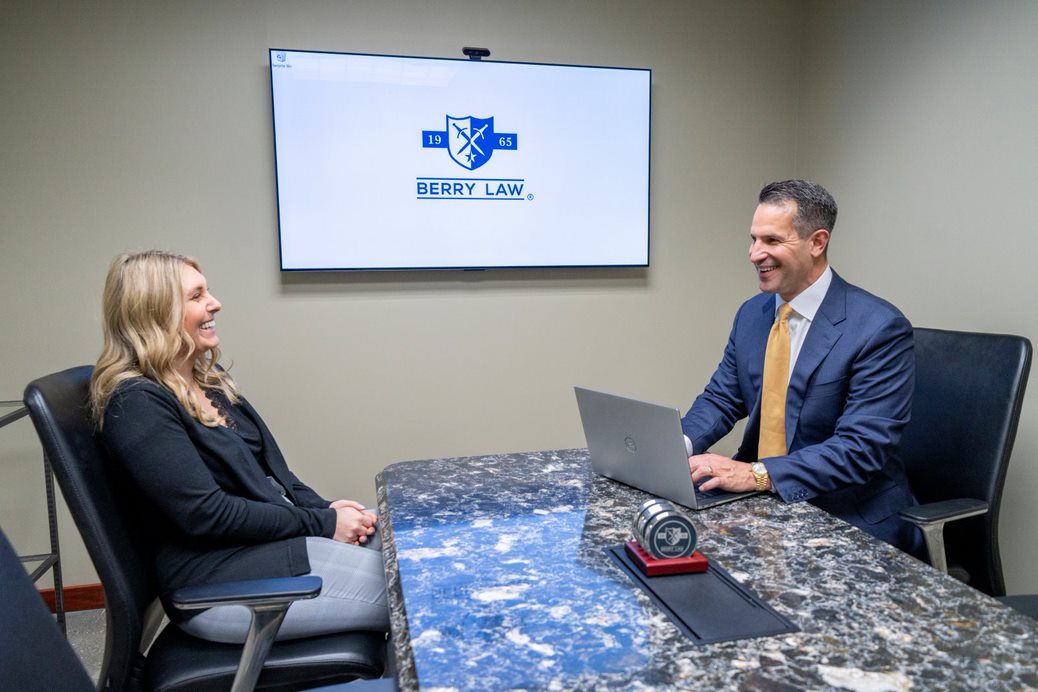
When a Veteran passes away, it is a tragic loss for family members. The Veteran’s surviving family members need to know that the Department of Veterans Affairs (VA) may owe them specific benefits due to the deceased Veteran’s service.
The Department of Veterans Affairs defines Dependency and Indemnity Compensation (DIC) as “a tax-free monetary benefit paid to eligible survivors of Veterans who died in the line of duty or eligible survivors of Veterans whose death resulted from service-related conditions.”
Certain family members of a deceased Veteran are often qualified to receive DIC payments. Eligible surviving family members usually include the Veteran’s surviving spouse, dependents, and parents. The VA’s eligibility and evidence requirements for each to receive DIC benefits are as follows:
You are considered a surviving spouse if you meet the following conditions:
AND one of these must be true:
If you remarried, you may still receive compensation if any of the following are true:
– OR –
To qualify to receive VA DIC benefits as a surviving child, you must meet the following requirements:
You may still qualify for compensation if you were adopted out of the Veteran’s family but meet all the other criteria.
Whether you’re an eligible surviving spouse or child of a deceased Veteran, you must submit evidence with your claim to show that at least one of the following conditions is true:
If the Veteran was eligible for benefits because of a total disabling rating, meaning their illness or injury prevented them from working, one of the following conditions must apply:
You may qualify for VA DIC benefits if you’re a surviving parent of a service member or Veteran and meet each of the following criteria:
The evidence requirements differ from the requirements for surviving spouses and children. To qualify, you must show:
For all types of survivors seeking DIC benefits, you must submit evidence or grant the VA permission to gather evidence from the following sources:
Note: If the Veteran died from COVID-19, or the virus made their service-connected illness worse, survivors may still qualify to receive VA DIC benefits. The VA will review the survivor’s application to determine whether the Veteran’s death was caused by a service-connected condition.
As of December 1, 2023, the VA DIC rate for surviving spouses is $1,612.75 per month if the Veteran died on or after January 1, 1993.
If the Veteran died before January 1, 1993, the VA will use a different method to determine your DIC payment based on the Veteran’s last pay grade. Consider the following examples:
You may also receive additional monthly benefits if:
To calculate your payment, you simply add up the total amount of additional benefits with the monthly survivor rate that applies.

If you’re the surviving child of a Veteran who is under 18 (or 23 if attending school) and have not married, and the Veteran has no surviving spouse who is eligible for DIC benefits, your monthly rate is $680.94. If you’re over 18 but have a permanent disability that prevents you from supporting yourself, you may also qualify.
Note that the monthly rates decrease with subsequent children, and you should consult the VA’s DIC survivor rate website for specific information pertaining to your circumstances.
If the Veteran has a surviving spouse who is eligible for DIC benefits, and you are an adult child of the Veteran, you may receive $338.49 if you’re between 18 and 23 and attending school. If you are a “helpless child” over 18 in the same circumstance, you may receive $680.94.
Note that if you qualify for Survivors Pension benefits and DIC benefits, the VA will pay you whichever benefit provides you with the most money.
Additionally, the Department of Defense’s Defense Finance and Accounting Service (DFAS) offers a Survivor Benefit Program that service members may purchase as a retirement benefit for family members. Veterans may buy a Survivor Benefit Plan (SBP) or Reserve Component Survivor Benefit Plan (RCSBP) depending on their service.
You may receive full DIC payments along with full SBP or RCSBP payments as of January 1, 2023.
To receive DIC benefits, you must apply, which will depend on your survivor status.
For help, you can work with an accredited representative or a VA disability benefits attorney. The VA also recommends that you submit an “intent to file” form before applying for DIC benefits. Doing so will provide you time to gather the evidence you need to support your claim so that you do not push back your potential start date (effective date). Notifying the VA of your intent to file may mean you receive retroactive payments.
Along with DIC benefits, you may also qualify to receive other types of benefits as the surviving spouse or dependent child of a service member or Veteran. Some of these benefits include:
Additionally, caregivers of Veterans may receive special benefits to help them care for the Veteran.
While you are not required to have a lawyer to file a DIC claim, it is a good idea to have legal counsel on your side. Surviving spouses and children are often denied DIC benefits due to a mistake by the VA, or the claim is denied because the VA determined that the Veteran’s death was not related to his or her military service.
If your DIC claim is denied, you may need the experienced VA benefits lawyers at Berry Law to help you file an appeal. We handle DIC benefits claims related to combat injuries, traumatic brain injuries, vehicle accidents, chemical exposure, infectious illnesses, and other service-related conditions that may have caused your loved one’s death.
Our legal team can collect evidence to prove your loved one had a service-connected condition that contributed to his or her death. We will represent you and fight for your interests every step of the way, including appeals to the Regional Office, the Board of Veterans Appeals, and the Court of Appeals for Veterans’ Claims.
Vietnam Veteran and attorney John Stevens Berry Sr. founded our law firm in 1965 with a mission to deliver the highest level of representation possible to those who sacrificed so much in the service of our country. We are a team of dedicated attorneys who fight hard to defend the rights and interests of Veterans across the country, and we have helped thousands of former service members obtain the VA disability benefits and other benefits they deserve.
If you’re the surviving spouse, child, or parent of a deceased service member or Veteran, let us help you get the DIC benefits you need. Contact us online or by phone for a free consultation today.
Our monthly newsletter features about important and up-to-date veterans' law news, keeping you informed about the changes that matter.